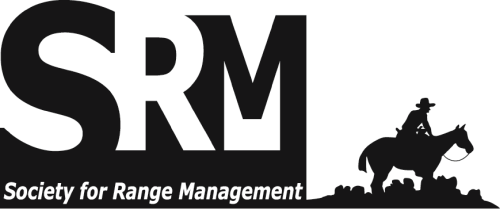The concept of resilience is often used as a modifier for describing the capacity of an ecological entity to recover from disturbance factors.� The notion of resilience, however, is not inexorably tied to ecology, but is instead, a system level concept that is independent of subject, and can be molded across space and time.� Following that logic, we can use resilience as a construct for measuring the capacity of natural resource management systems to be successful over time within dynamic social, ecological, and political contexts.� In sagebrush steppe ecosystems, the need for resilient natural resources management systems has increased dramatically in recent decades, and will likely continue to increase into the foreseeable future.� This is due to the fact that major management issues, such as exotic annual grass invasion and altered fire regimes, represent problems that are not just complex, but also persistent.� Purposefully building resilient management systems is a complex undertaking with many dimensions.� While such an endeavor is daunting, we suggest that a good starting point would be to explore existing efforts to design long-term natural resources management systems.� In this symposium, we will examine important social, ecological, and regulatory elements of one such effort in southeast Oregon, the Harney County Candidate Conservation Agreement with Assurances for Greater Sage-Grouse.� CCAAs are long-term, voluntary agreements between the US Fish and Wildlife Service and non-federal landowners to beneficially manage habitat threats facing candidate wildlife species in exchange for a reduced regulatory burden should the species be listed under provisions of the Endangered Species Act.� We will use this case study to illustrate critical elements necessary for resilient management systems.� Our aim is not to be prescriptive, but instead to suggest an experienced-based operational framework that can be generalized for use in a variety of sociological and ecological contexts.

Oral presentation and poster titles, abstracts, and authors from the Society for Range Management (SRM) Annual Meetings and Tradeshows, from 2013 forward.